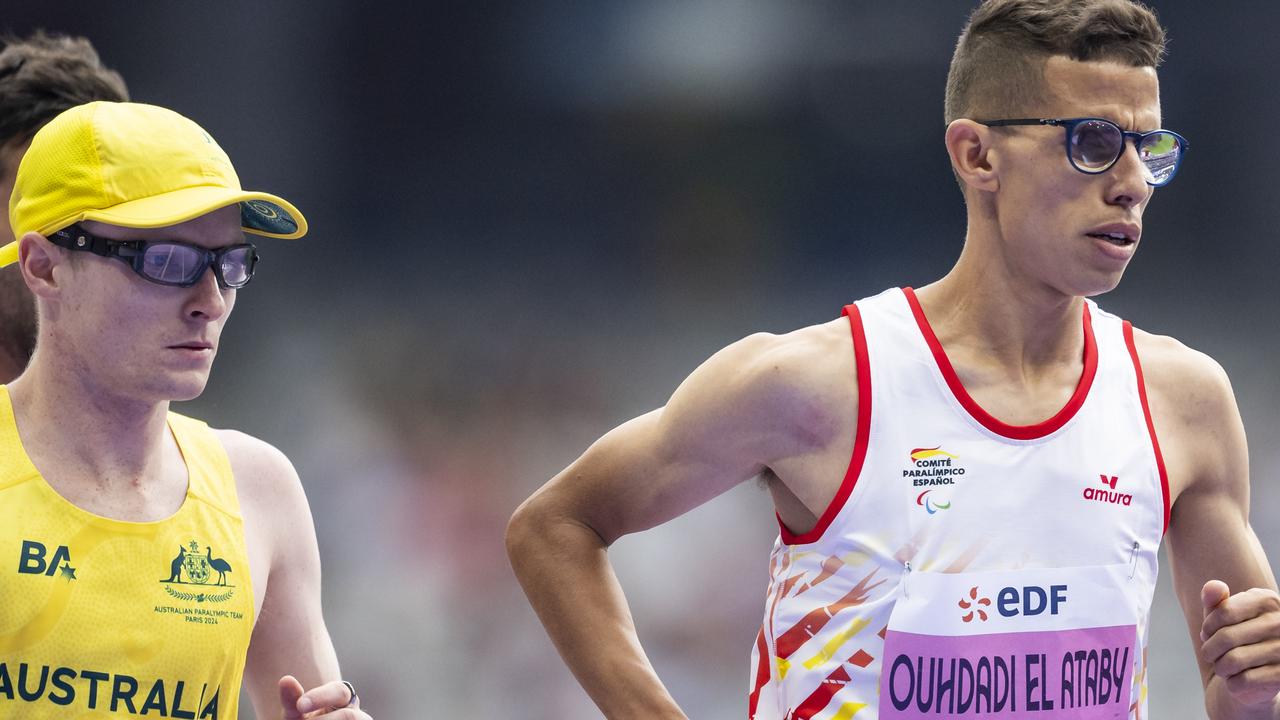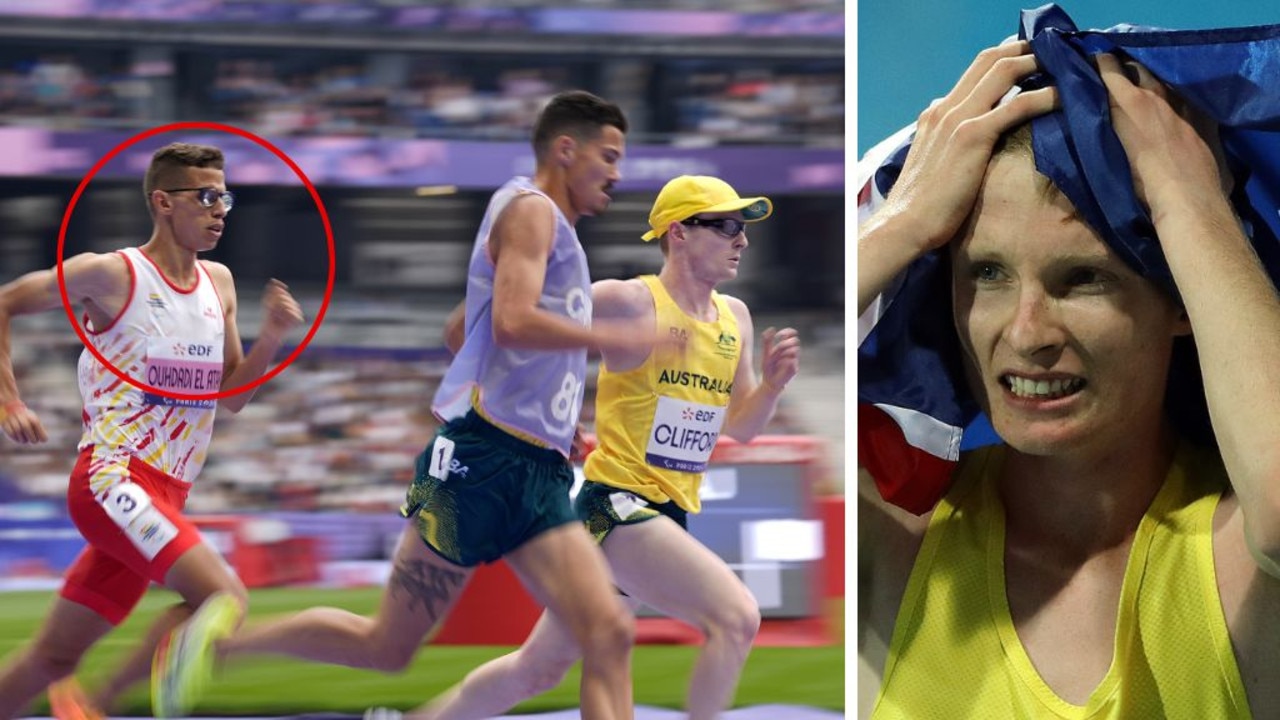Paralympian icon Ellie Cole rejoices as government announces same medal deal as Olympic team
Swimmer Ellie Cole was thrilled when she became Australia’s greatest female Paralympian in Tokyo, but a government commitment close to her heart has bought real emotion.
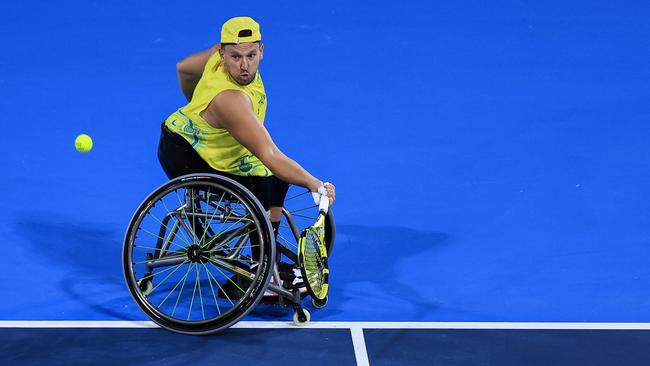
Paralympics
Don't miss out on the headlines from Paralympics. Followed categories will be added to My News.
She’s the humble champion who shed tears when she found out Australia’s Paralympians would finally be treated equally to the country’s Olympic heroes but Ellie Cole has been dudded hundreds of thousands of dollars due to a delay in the process.
Cole became Australia’s greatest female Paralympian in Tokyo when she won her 17th Paralympic medal since her debut in Beijing in 2008.
The 29-year-old will receive $25,000 for her silver and bronze medal-winning efforts in Tokyo.
But she has missed out on more than $200,000 for her efforts in Beijing, London and Rio, where she won six gold, another four silver and five other bronze medals.
Kayo is your ticket to the best local and international sport streaming Live & On-Demand. New to Kayo? Try 14-days free now >
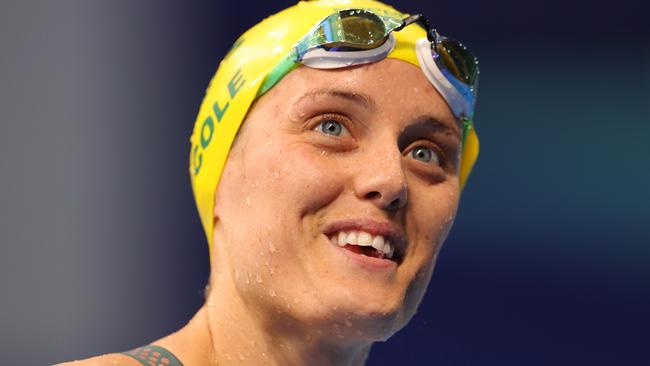
But there is no bitterness from Cole.
News the Federal Government had committed to paying Australia’s Paralympians the same funds as the country’s Olympians under the medal incentive scheme run by the Australian Olympic Committee (AOC) brought Cole to tears in an online post.
“I usually would never, ever post anything online of me being emotional but I have found out that Australian Paralympic athletes are finally being seen as equal to our Olympic athletes and I really just wanted to thank Australia so much for watching the Paralympics over the last two weeks and fighting for us and for equal rights,” a teary Cole said in an Instagram story post on Thursday less than an hour after the funding announcement.
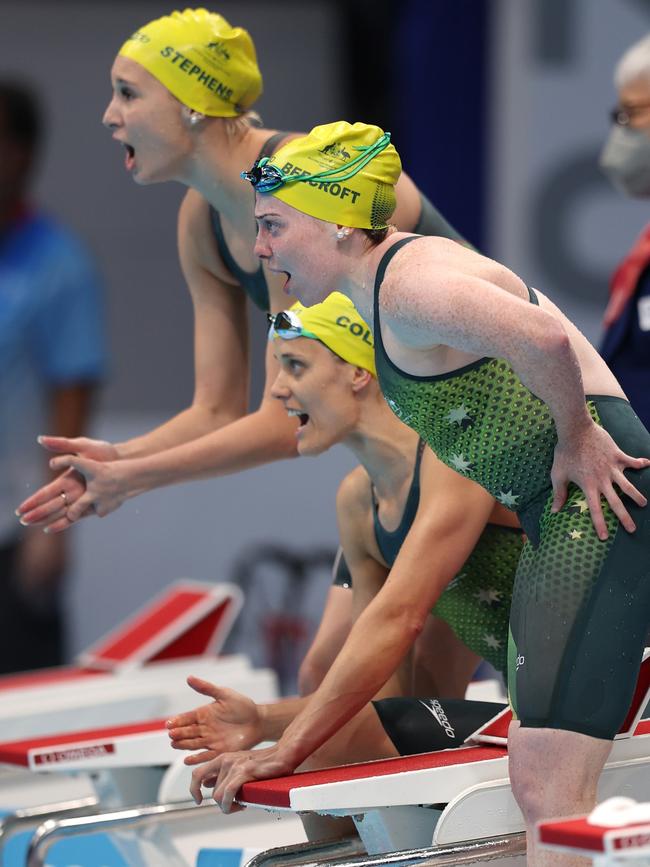
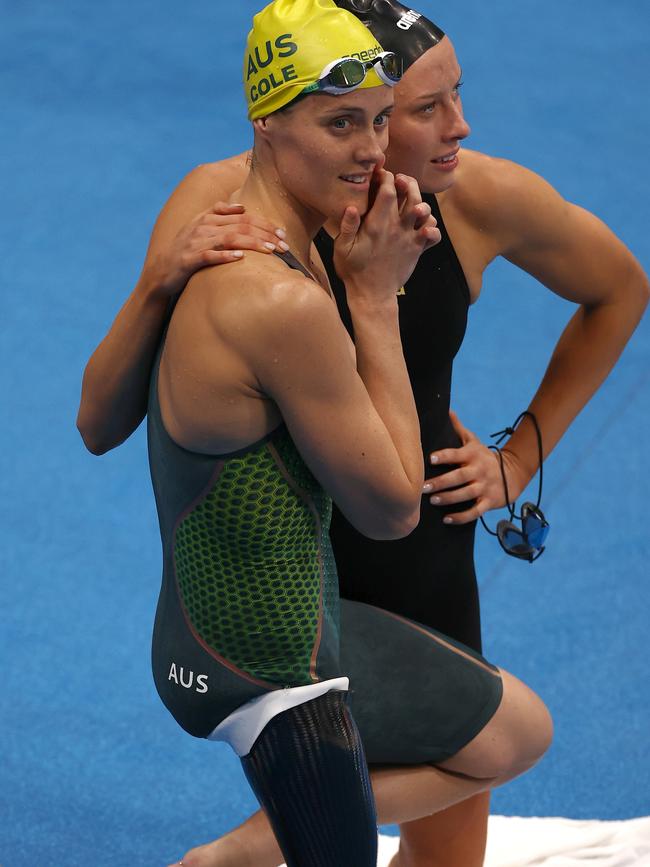
“This is something that I have been working tirelessly towards for the last 16 years, so this is a very special day for me.
“I just really wanted to thank Australia so much for seeing us as equal.”
Cole, who is among the most popular members of the Australian swim team, trains under Simon Cusack in Sydney alongside Olympic gold medallists Cate and Bronte Campbell.
People power: Alcott’s pride as ScoMo stumps Paralympic cash
Australian Prime Minister Scott Morrison has today confirmed the government will give our successful Paralympians the same medal payments as our Olympic team after it was revealed they faced returning home to zero reward for their Tokyo efforts.
Morrison announced in parliament on Thursday that his government would match the $20,000 gold medal bonus, along with the $15,000 for silver and $10,000 payments for bronze medals after being inspired by the efforts of Australia’s Paralympic team in Tokyo.

“We have won 60 medals so far and recognising the national significance of the Paralympic team I’m very pleased to announce that the government will provide additional support to Paralympics Australia to ensure our Paralympic medallists will receive equivalent payments to our Olympic medallists.
How cool is this news. It’s because of all of you backing the Paralympic Games and making some noise to make this change happen. We appreciate the support of the Australian public so much, and hope the last week has put some smiles on some faces back home! https://t.co/1jhMR3Us61
— Dylan Alcott (@DylanAlcott) September 2, 2021
“The Minister for Sport, at my request, spoke to Paralympics Australia CEO Lyn Anderson earlier today, and I’m delighted we and been able to support our fantastic Paralympians in this way. And I thank Lyn for the great work that she does with our Paralympic team and the way we have worked together on this. Mr Speaker, our Paralympians are wonderful and powerful role medals.”
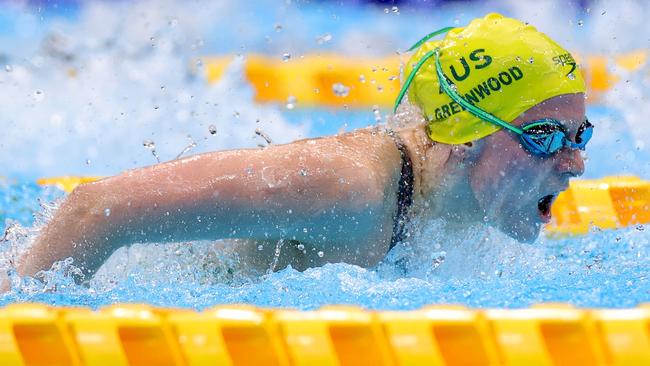
Wheelchair tennis gold medal hopeful Dylan Allcott hailed the news and thanked the public for backing the Paralympic team.
“How cool is this news?” Allcott tweeted.
“It’s because of all of you backing the Paralympic Games and making some noise to make this change happen.
“We appreciate the support of the Australian public so much, and hope the last week has put some smiles on some faces back home!”
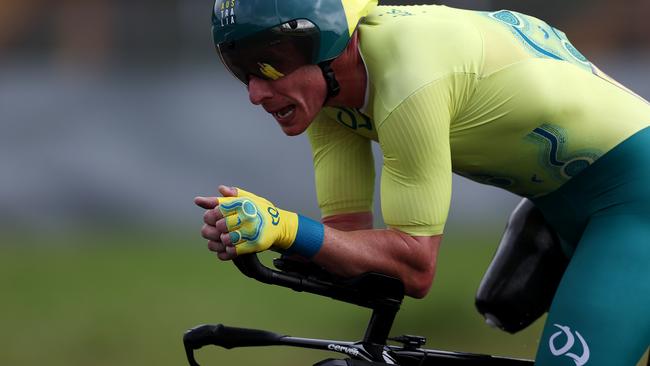
“To everyone in the Paralympic movement and to all who organise these Games especially our great friends in Japan, I say thank you. I say thank you. It has been a great triumph and will continue to be in the days ahead and to all our Paralympians, thank you so much for inspiring us. Congratulations on your tremendous efforts. I want to thank all of your families and your friends and your supporters and everybody you know who has stood alongside you and helped you along your way.
“But they know as well as I’m sure you do that at the end of the day it was you who made the choice as a Paralympian. It was you who decided to go forward. It was you who decided to commit and be determined to be where you have been over these magical few weeks. And you have inspired us and we are grateful that you’re one of us as Australians. There is still much to complete and in the days ahead we continue to wish you all the best of luck.”
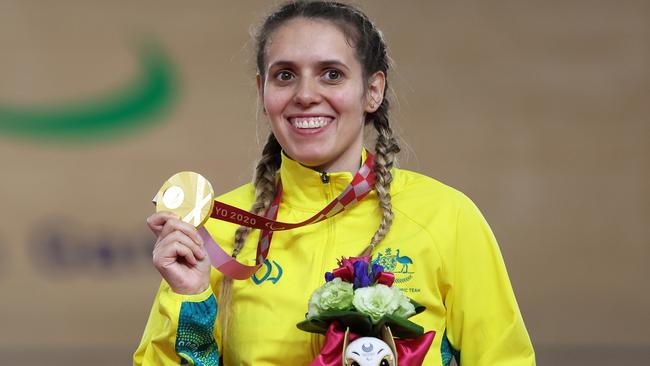
WHAT WE REPORTED TODAY:
Their latest annual report shows they have millions of dollars in cash reserves.
So why won’t Paralympics Australia stump up the cash to reward their successful Tokyo Games medallists?
A furore erupted earlier this week when it was revealed Australia’s Paralympic medallists would receive no bonus for winning medals at the Games despite the country’s Olympians gaining up to $20,000 per medal won in Tokyo.
PA’s annual report for 2020 shows the organisation had $14.2m in cash at June 30 last year, giving the impression it could comfortably afford to pay its medallists the same rate the Australian Olympic Committee (AOC) stumps up for its medal scheme – $20,000 per gold, $15,000 for silver and $10,000 per bronze.
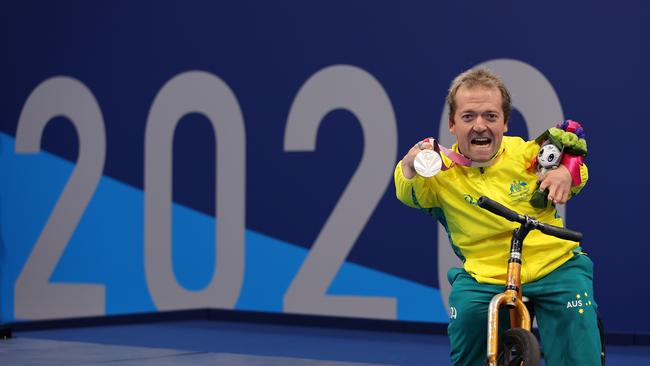
But Paralympics Australia (PA) boss Lynne Anderson says the numbers alone create a false picture of comfort for an organisation still surviving “hand to mouth”.
Like most, PA has taken a big hit to its bottom line due to Covid and also has to fund three major Games campaigns – the Tokyo and 2024 Paris summer Paralympics and next year’s Beijing winter Paralympics – out of those reserves, with Tokyo alone having cost about $8m.
Anderson wants her athletes to achieve parity in every respect with their Olympic counterparts but said the financial stability of PA must come first and unless a corporate partner stepped up, there were no funds for medal rewards.
“We absolutely think our athletes deserve equality of recognition in that respect,” Anderson said of rewarding medal-winning efforts.
“But we’ve got to look after all para athletes and make sure that we have the next generation coming through.”
Just five years ago, PA was in debt and had to borrow more than $2m from the then Australian Sports Commission (now Sport Australia) to get a team to Rio.
That loan has been repaid and the organisation has achieved growth in several other areas including sponsorship and fundraising but remains the poor relative when compared to counterparts like the AOC and Commonwealth Games Australia.
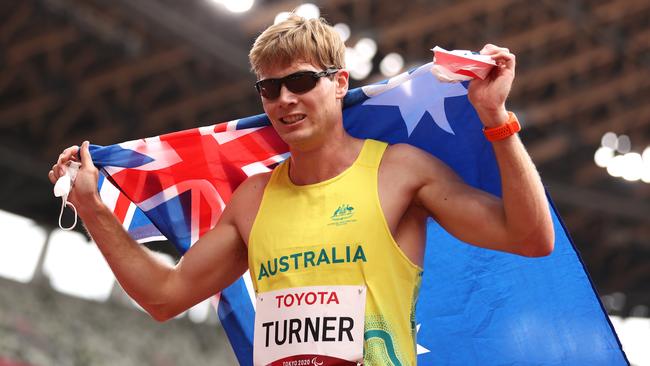
The greater overall number of medals won by Paralympians means a medal incentive scheme on par with the AOC model would cost about $1m.
“If a corporate partner would join us in supporting that, it would be awesome,” Anderson said.
“There is value in it for a corporate and I’d love to speak to anyone who might be interested.”
Rio Olympian Chloe Dalton, who won gold with the Rugby Sevens team in 2016, was “stunned” to find out Australia’s Paralympians would not receive medal incentive funding and has started a GoFundMe campaign to raise at least $100,000 for Tokyo medallists.
More Coverage
Originally published as Paralympian icon Ellie Cole rejoices as government announces same medal deal as Olympic team



